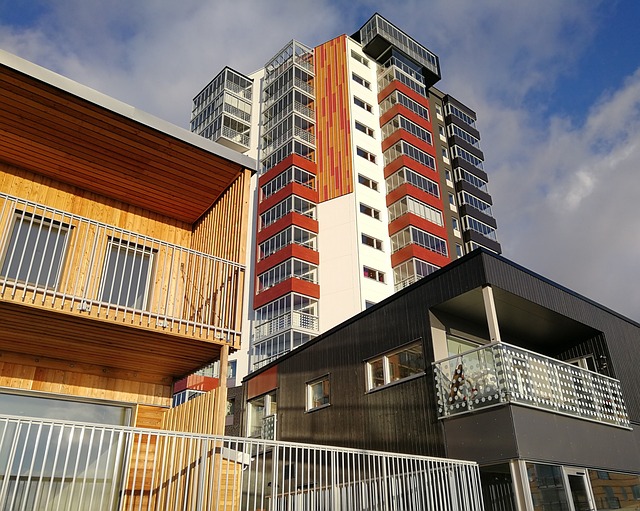pragmatic free play 🌹 The Joy of Pragmatic Free Play: Embracing Freedom in Learning

The Joy of Pragmatic Free Play: Embracing Freedom in Learning
In a world where structured schedules and stringent curriculums often dominate the learning landscape, the concept of pragmatic free play stands out like a breath of fresh air. This approach to education emphasizes the importance of unstructured, playful learning experiences, allowing children to explore, create, and learn at their own pace. While some may view this as a departure from traditional educational methods, the benefits of pragmatic free play are becoming increasingly clear, offering a promising alternative for holistic child development.
Imagine a classroom where children roam freely, engaging in spontaneous games, building forts out of cushions, or diving into imaginative worlds spun from their own creativity. This is the essence of pragmatic free play—a stark contrast to the conventional, rigid educational settings that often stifle creativity. It’s about letting children take the reins, encouraging them to follow their interests and passions without the weight of adult-imposed expectations. This approach doesn’t just foster creativity; it cultivates critical thinking, collaboration, and problem-solving skills that are essential in our fast-paced world.
Critics may argue that without strict guidelines, children are at risk of becoming unfocused or unproductive. However, research suggests otherwise. When children engage in free play, they learn to navigate challenges, negotiate with peers, and develop resilience. They discover their strengths and weaknesses, all while having fun. This process is not just beneficial for individual development but also crucial for fostering a sense of community and teamwork.
Moreover, pragmatic free play acknowledges the uniqueness of each child. Every child has a distinct way of engaging with the world, and through unstructured play, they can express their individuality. This personalized learning experience encourages children to take ownership of their learning journey, resulting in a deeper understanding of themselves and their capabilities. The result? Confident, self-directed learners who are not only prepared for academic success but also equipped with the social and emotional skills necessary for life beyond the classroom.pragmatic free play

Imagine a classroom where the teacher takes on the role of a facilitator rather than a dictator of knowledge. In this environment, educators become mentors, guiding children as they explore their interests. This shift in dynamic fosters a collaborative spirit, where children feel valued and heard. They learn to communicate effectively and respect diverse perspectives, skills that are vital in today’s interconnected world.pragmatic free play

In many ways, pragmatic free play mirrors the natural learning processes that occur in everyday life. Think about it—when was the last time you learned something new while following a strict set of instructions? Probably not often! Our most profound learning experiences often come from moments of spontaneity and exploration. By harnessing this natural inclination, pragmatic free play creates an environment where learning becomes a joyous adventure rather than a chore.pragmatic free play
Another remarkable aspect of pragmatic free play is its adaptability. Whether in a backyard, a park, or a classroom, the principles of free play can be applied in various settings. This flexibility allows for creativity in engaging children, ensuring that learning remains dynamic and exciting. Educators and parents alike can find innovative ways to incorporate free play into daily routines, whether it’s through outdoor exploration, art projects, or imaginative games, fostering an environment rich in learning opportunities.pragmatic free play
As we embrace the essence of pragmatic free play, it’s essential to recognize its broader implications for society. In a world increasingly dominated by technology and digital interactions, the need for real-life social skills and emotional intelligence has never been greater. Free play nurtures these attributes, preparing children to navigate the complexities of the modern world with confidence and resilience.
While the shift towards embracing pragmatic free play may seem daunting for some traditionalists, the evidence is undeniable. Children are not just learning; they are thriving. They are becoming well-rounded individuals who understand the value of collaboration, creativity, and critical thinking. These are the skills that will empower future generations to tackle the challenges of an ever-evolving society.
So, let’s celebrate the beauty of pragmatic free play! Let’s champion an educational approach that values curiosity, creativity, and collaboration. It’s time to shift our perspective and recognize that sometimes, the best way for children to learn is simply to play. In doing so, we can cultivate a generation of confident, capable individuals ready to take on the world, one imaginative adventure at a time.
Fale conosco. Envie dúvidas, críticas ou sugestões para a nossa equipe através dos contatos abaixo:
Telefone: 0086-10-8805-0795
Email: portuguese@9099.com


